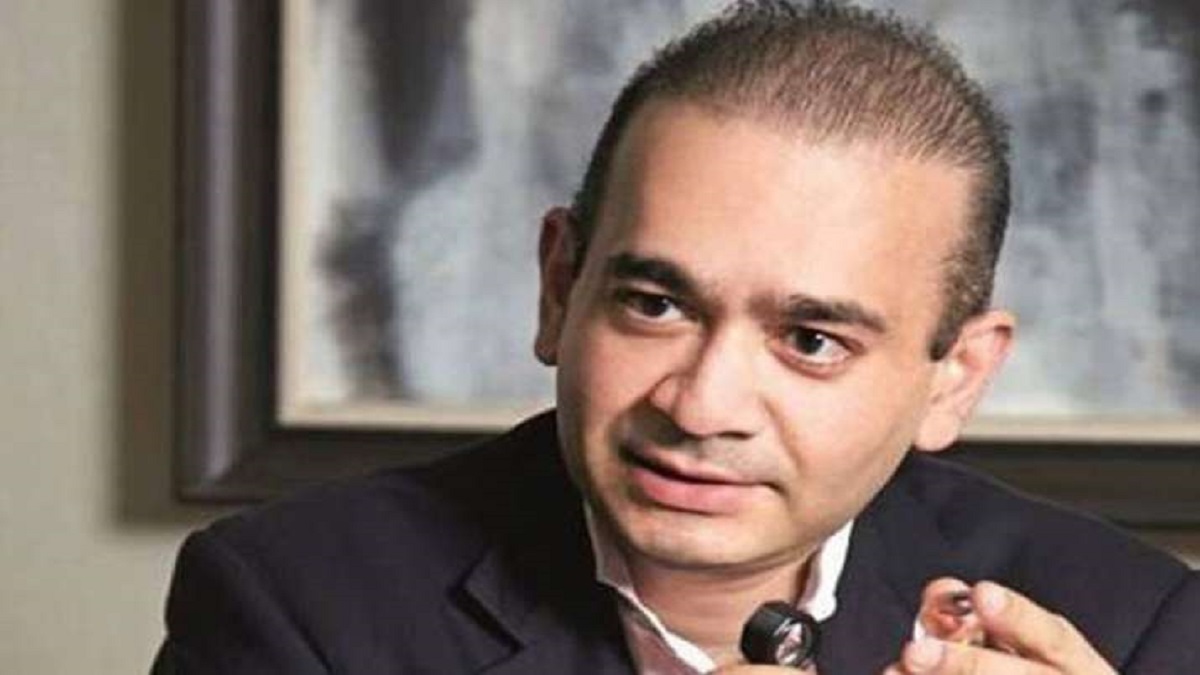Days ahead of his visit to India by UK Prime Minister Boris Johnson, the British home office has given the green signal for extraditing Nirav Modi, who is wanted in India on money- laundering charges in a $2 billion (over ₹14,000 crore) scam.
Two people familiar with the developments in New Delhi separately confirmed on Friday that UK home secretary Priti Patel had signed off the order to extradite Modi wanted in the Punjab National Bank (PNB) scam, executed in collusion with his uncle Mehul Choksi, who is absconding.
This raises hopes for the extradition of Indian business tycoon Vijay Mallya, who is also in the UK. India seeks his return to face charges related to the borrowing of over ₹9,000 crore from banks, which authorities said, he had no intention of repaying.
Modi will possibly have a 14-day window to appeal the extradition order before the UK high court after the home secretary makes a formal announcement, a Press Trust of India report from London said. Any appeal, if granted, will be heard at the administrative division of the high court in London.
In New Delhi, however, Patel’s decision was being seen as a victory for the Indian government. Johnson is expected to visit India on 26 April.
Modi, 50, is lodged in Wandsworth Prison in south-west London. On 25 February, the Westminster Magistrates’ Court had concluded that the diamond merchant had a case to answer before Indian courts. District Judge Samuel Goozee had ruled at the end of a two-year long legal battle that Modi could be extradited to India and dismissed the human rights concerns that Modi’s medical needs would not be addressed in Indian prison.
Under the provisions of the UK Extradition Act 2003, the judge sent his findings to the secretary of state for home affairs. The UK Cabinet minister is authorized to order an extradition under the India-UK Extradition Treaty.
The Central Bureau of Investigation (CBI) had registered the case in January 2018 against Modi, Choksi, and the then officials of Punjab National Bank (PNB), following a complaint from the bank that the accused had hatched a criminal conspiracy to defraud the public sector lender by issuing fake letters of undertaking.
Modi had fled India in January 2018 before the registration of a case by the CBI. A non-bailable arrest warrant was issued by the trial court against him followed by a red corner notice in June 2018 by Interpol. Modi was arrested by the UK Police in London in March 2019 and his seven applications for bail were rejected by the Westminster Magistrates’ Court and High Court, London.
In its extradition request, CBI has submitted detailed evidence to substantiate the charges of criminal conspiracy, cheating, criminal breach of trust, criminal misconduct by public servants, destruction of evidence and criminal intimidation of evidence.
![]()






